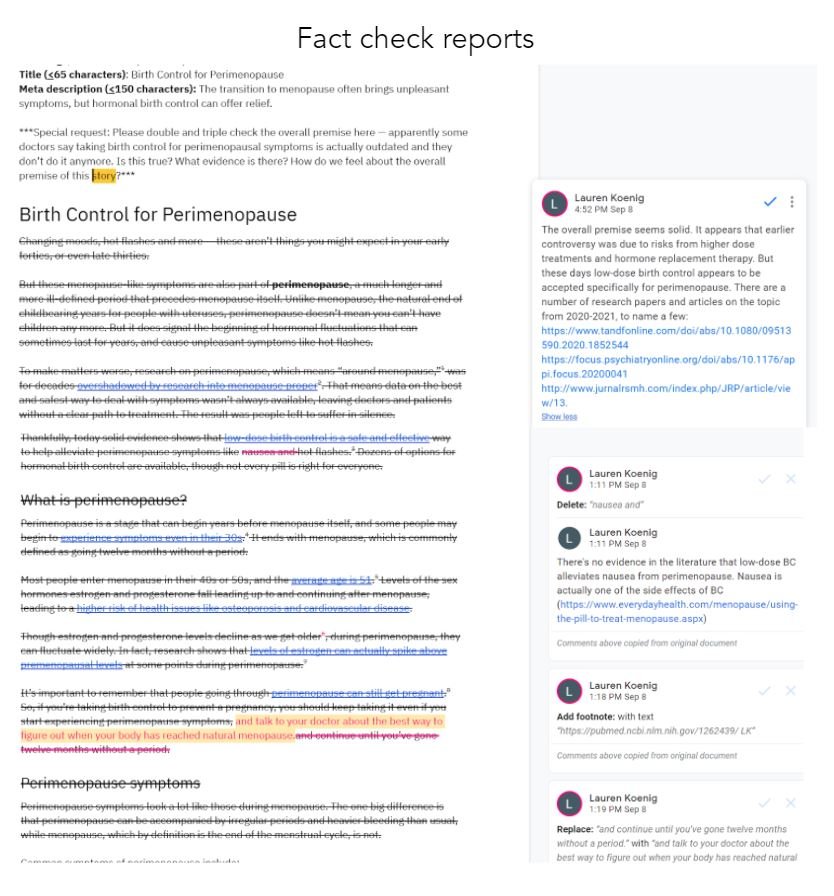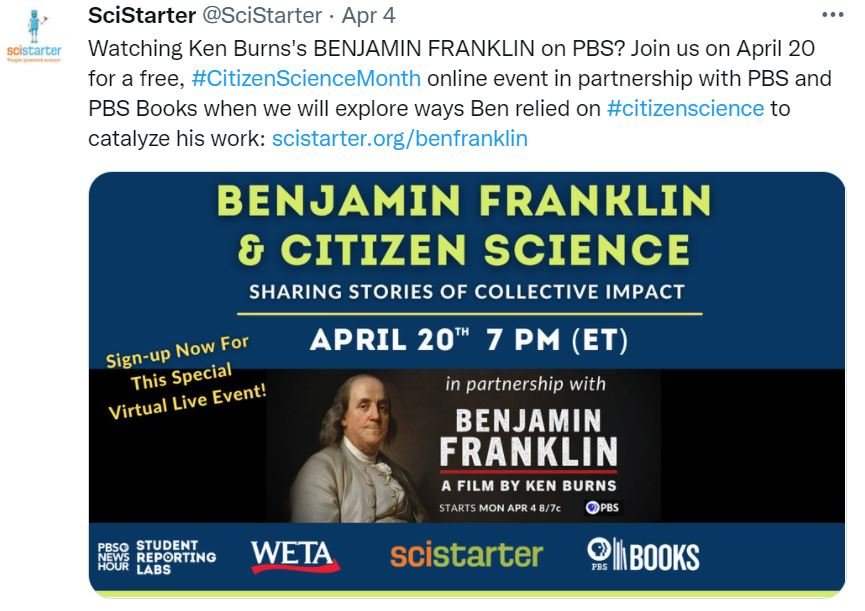Check out our digital content marketing in action.
Our Portfolio
Read some of our favorite stories.
-

How Do Polygenic Risk Scores Work?
Polygenic risk scores are powerful tools for doctors. We’re here to explain how scientists calculate them, what they are, and what they mean for you. And don’t worry: The score doesn’t determine your fate!
-

Don't Forget the Siblings
When a parent learns a child has a rare disease, life changes in an instant. As parents are overwhelmed, siblings feel the effects when daily life changes and family stress increases.
-

All of Us Releases First 100,000 Genomes to Address a Lack of Medical Diversity
With the release of its first 100,000 genomes, all from volunteers, the All of Us project is on its way to solving one of the most pernicious problems in modern medicine: a startling lack of diversity.
-

With One Citizen Science Survey, C-BARQ is Fueling Years of Research Into Dogs
In addition to powering big-picture scientific research into what makes dogs what they are, C-BARQ is also enabling insights that hit a little closer to home for the dogs themselves.
-

Is My Birth Control Making Me Gain Weight? And Other Questions About Side Effects
It can be a challenge to sort out what symptoms are caused by your birth control and what’s not. Here’s our advice.
-

How Proteins Make Spring More Vibrant
Reflect on the joys of springtime — which of course includes appreciating the biological mechanisms that make sure spring has properly sprung.
-

Gaming for Science: How Video Games Are Making Research Fun
Games that pair citizen science with rewarding play are probing treatments for cancer, helping to cure Alzheimer’s, probing the foundations of language and more.
-

How Does Hormonal Birth Control Work?
Hormonal contraceptives prevent pregnancy by making pregnancy‑mimicking changes to your reproductive system. Here’s how that works.












